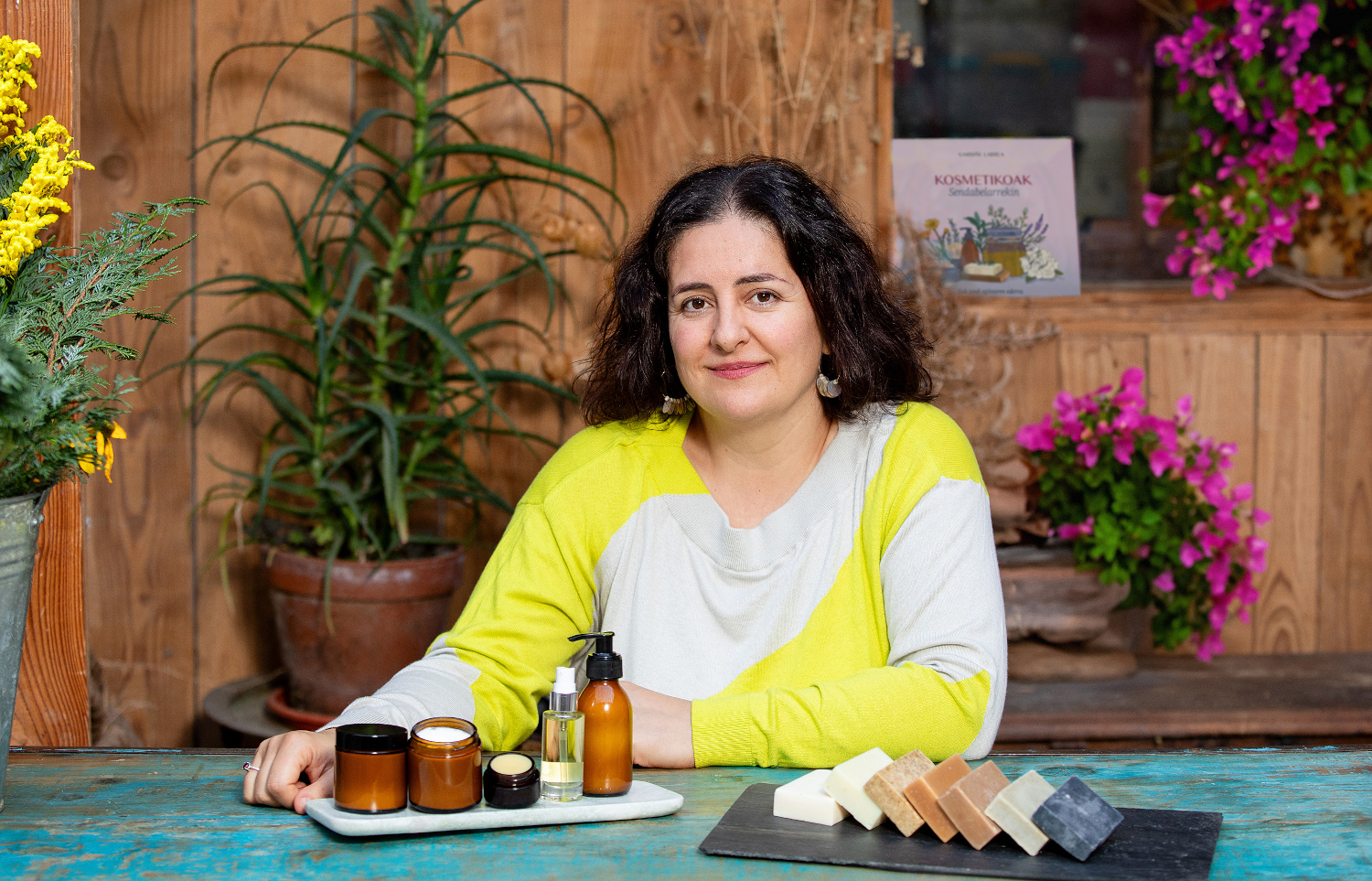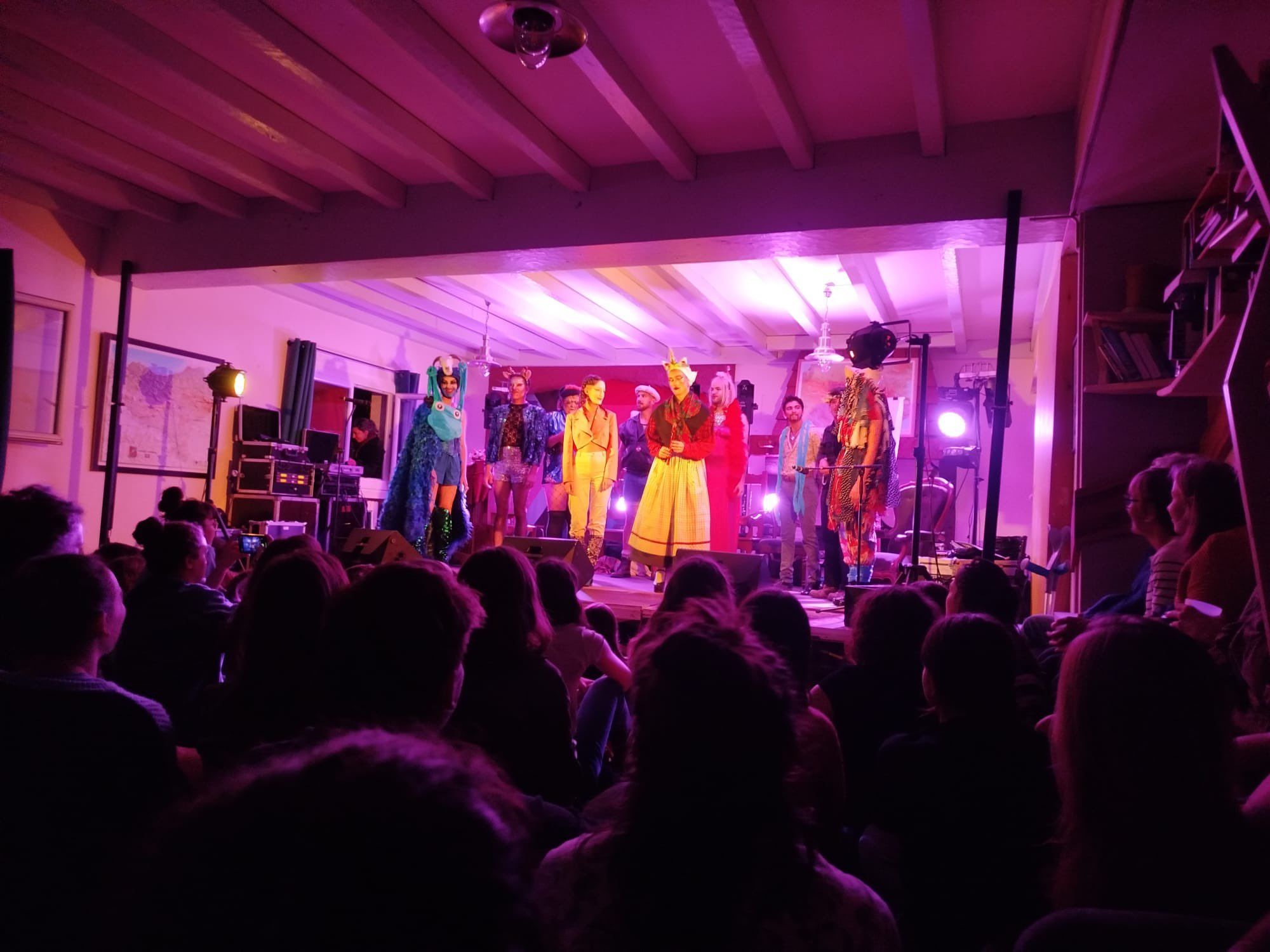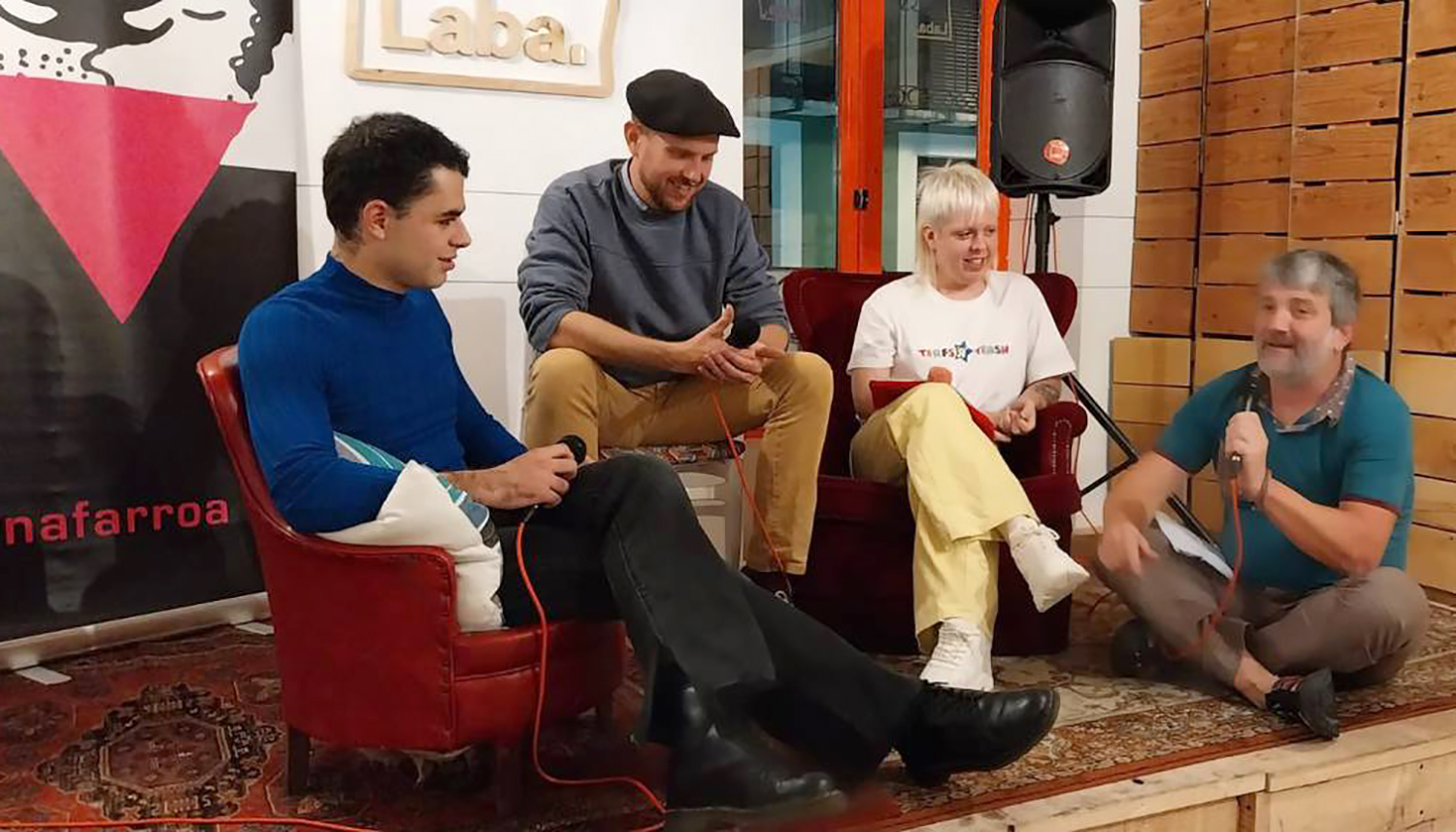What are the challenges of being a migrant for women?
Many challenges: first, the impossibility of having a normal home, because the law on aliens is racist, colonialist and chauvinist. The women who migrate from the south of the planet have to meet a number of requirements that we cannot meet and live illegally here, therefore, marginalised from possibilities and rights.
We are almost exclusively obliged to do housework and care. We enter into bondage, because we cannot approve the titles, because of the labor law of foreigners. In addition, if it has linguistic difficulties, this adds to the problem of marginalisation.
You have organized spaces for the mutual protection of women, what are you working on it?
We could say that it has several objectives. On the one hand, to facilitate individual, feminist and group empowerment in non-mixed spaces, that is, directed exclusively to migrant women, to work and transform the racism, classism, colonialism… that they have to live.
And once set, to start enjoying the people and what the Basque lands give us.
Secondly, there must be a dialogue between Basques and migrants, through alliances, with confidence, to deal jointly with the problems that have been experienced in the same territory and, at the same time, each from home.
Thirdly, for these works to be consolidated and supported by the protagonists present, within the framework of a long-term process, acting on the territory, intertwining and emitting.
How do Euskera and other languages come together in these spaces?
The spaces are in Spanish, but we make an effort to include words in Basque, so that we can learn those words and begin to lose the fear of language. Understand the historical context, learn to love through Basque history and culture.
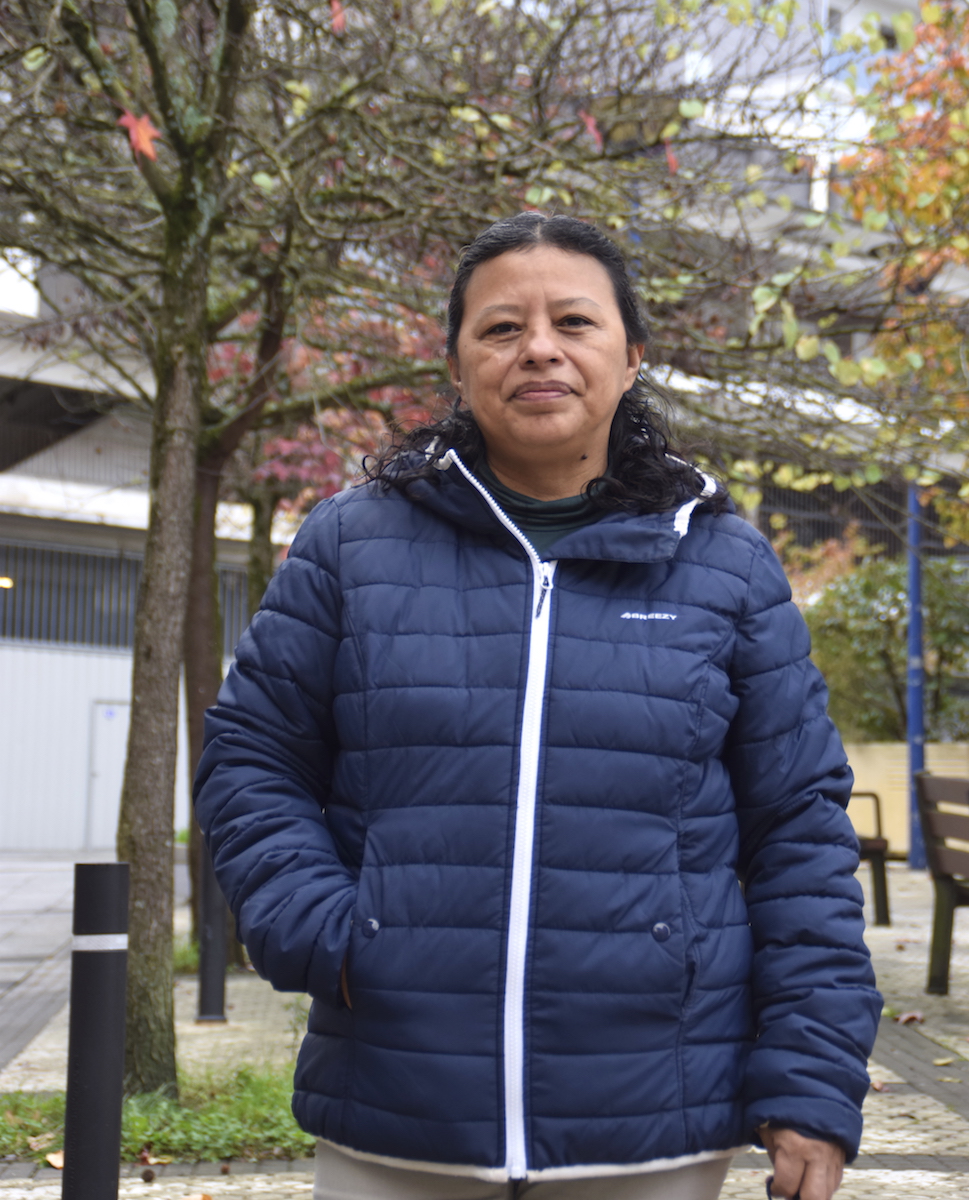
In 2009, she highlighted the difficulties faced by migrant women in joining Basque feminist groups.
Yes, then he wondered whether Basque feminism and Basque culture were a welcoming society. This cost, but I did nothing but point out a reality. We have made progress since then, but much work remains to be done on both sides.
I believe that learning Euskera is not just a feminist issue, institutions have a great responsibility, first of all, for the Euskera to be a good available to all, and therefore, to enable a free public service, to break with the system of privileges and to learn the language.
The participation of migrants in Basque feminist collectives is not yet easy, but different strategies are being put in place, including translation in specific cases, which will be extended. There are feminist interviews between migrants and Basques that are doing special work to shape it.
You have already mentioned ‘welcoming feminisms’. What does this term mean?
It is the ability to think and create conditions for a dialogue and a feminist meeting. Put on your partner's shoes and go further, break with each other's logic.
On both sides there will be those who bet and resist, but the important thing is that we are flexible, dynamic, generous and loved in the spaces we have at our fingertips.
How does feminism in the Basque Country enrich cultural diversity?
We have to confess that one thing involves the other, that one is the other. It can be enriched from the global perspective, the struggle against colonialism, the stories of the brotherhood of each people and culture, intercultural exchange, the feminist struggles of the South, those experienced in each people and in each culture.
We could say that we are their past, because of the bloody crises we are experiencing in the south, but at the same time we are the future, because in this context of doctrine we are fighting.
What is to be done?
For the feminism of Euskal Herria to include Euskera’s literacy in its agenda of struggle, and for its learning to be public and free, as well as for the implementation of special programs to reinforce it.
We must also give voice to the history of the Basque Country, to make known the Basque culture, that of each people and of those migrant women to which we belong; we must teach it by singing, dancing, sharing.
Why is it important to create alliances between women from all backgrounds?
Only creativity and solidarity, because critical fraternity can help us defend ourselves and move forward. Questioning us is very good, it is time for us to live as protagonists from a level playing field.
On the other hand, recognize the leadership of racialized feminists. In the South there is also social and institutional racism and privileges of creoles and mestizos against blacks and indigenous people.
There is racism interned in the world, the fact of being black or indigenous does not mean that it is not racist, and it is inevitable that we all do that work from respect and trust.













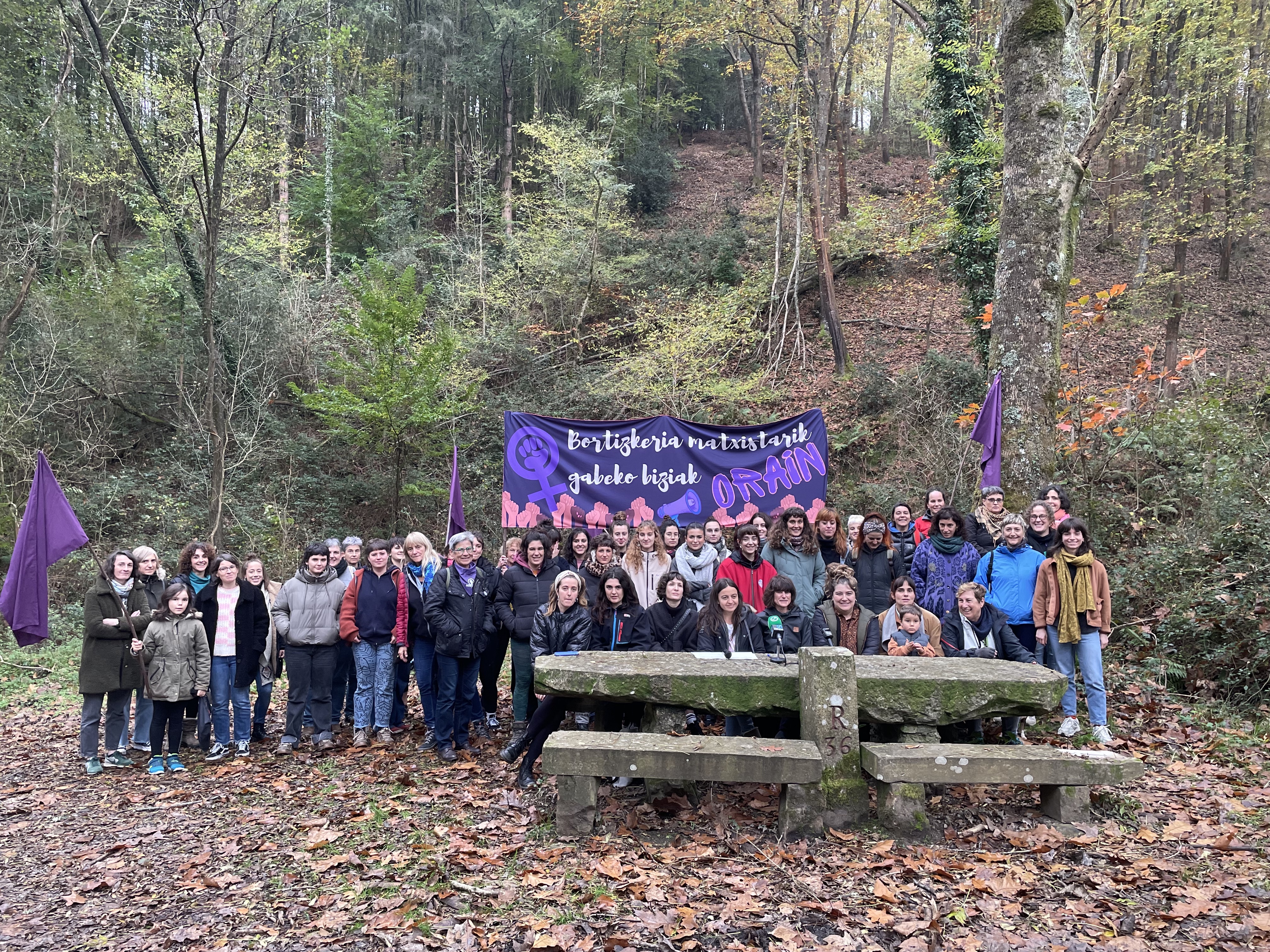
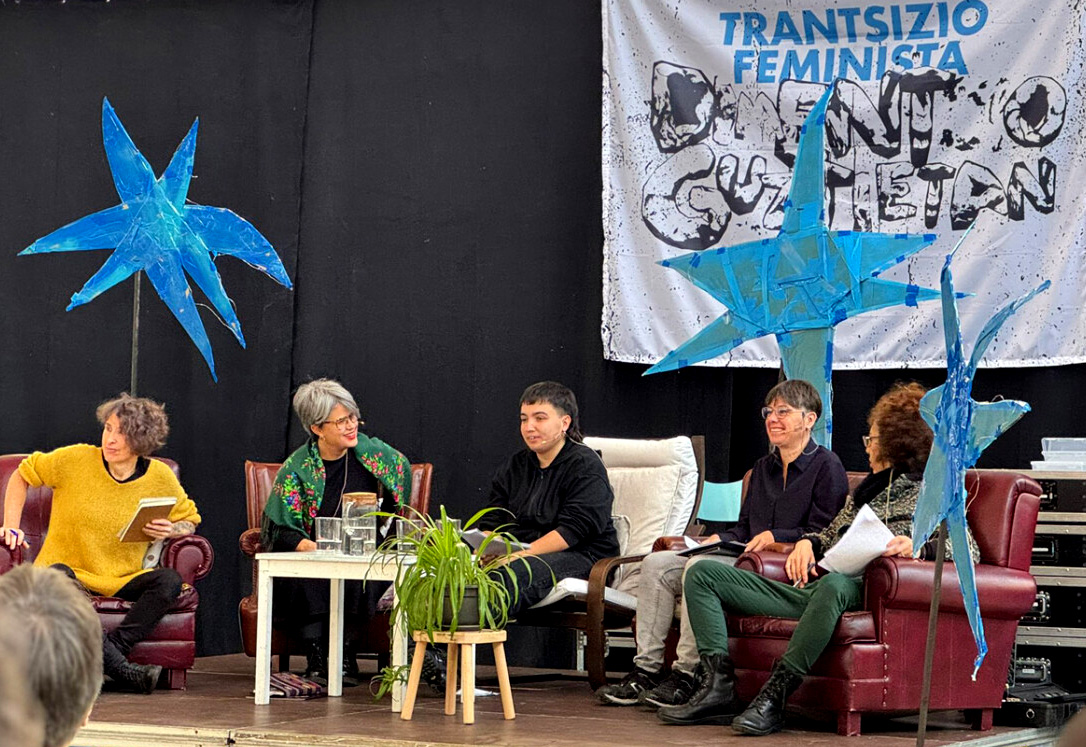
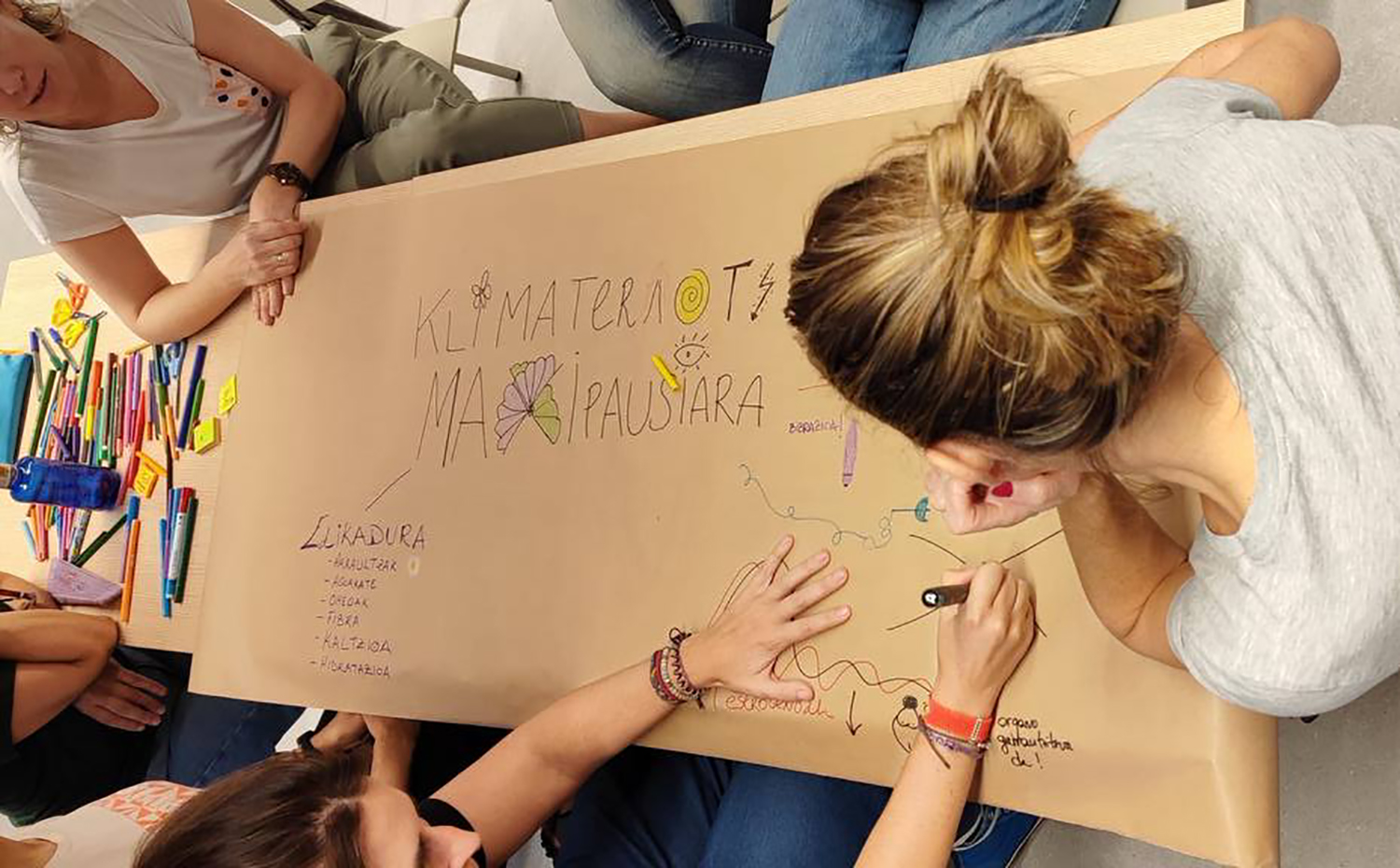
.jpg)



